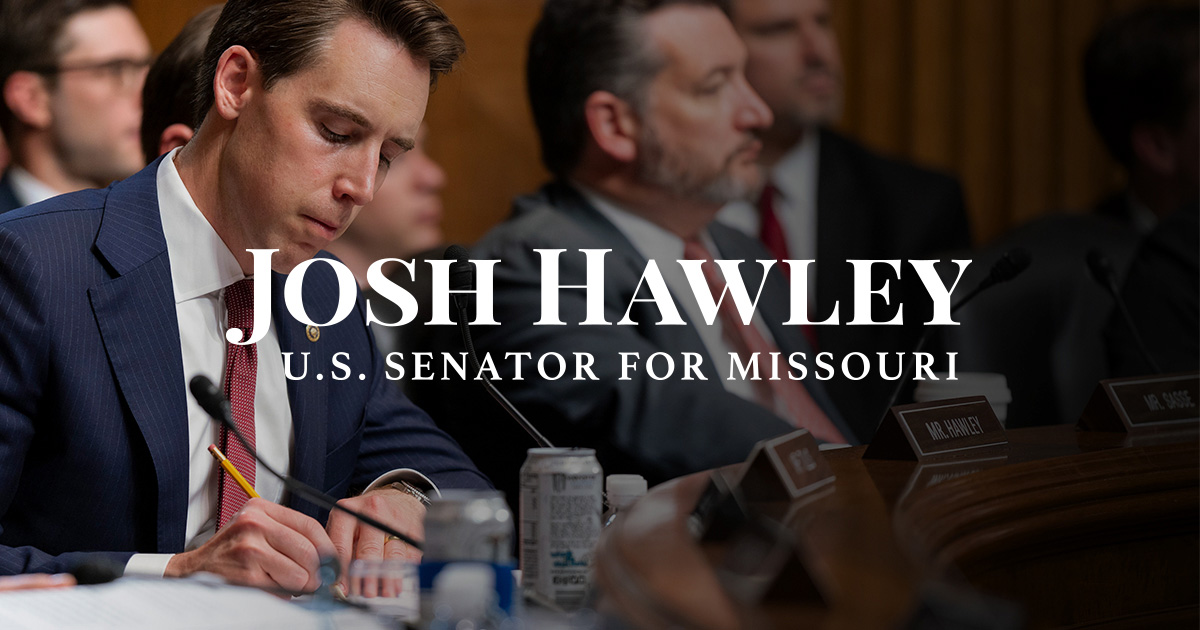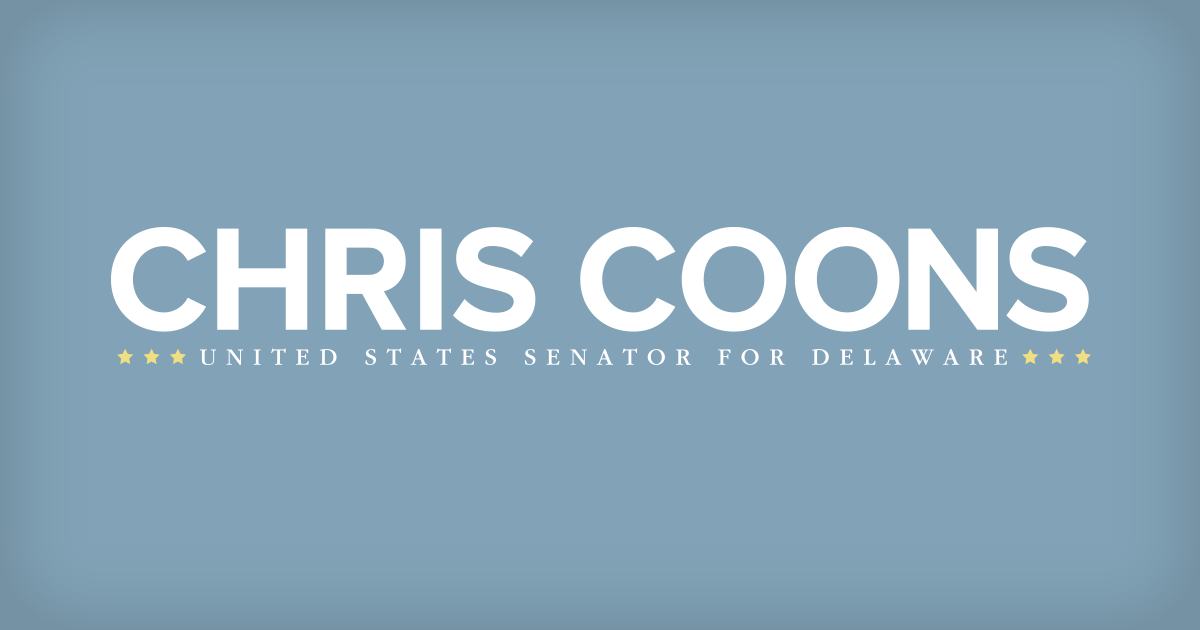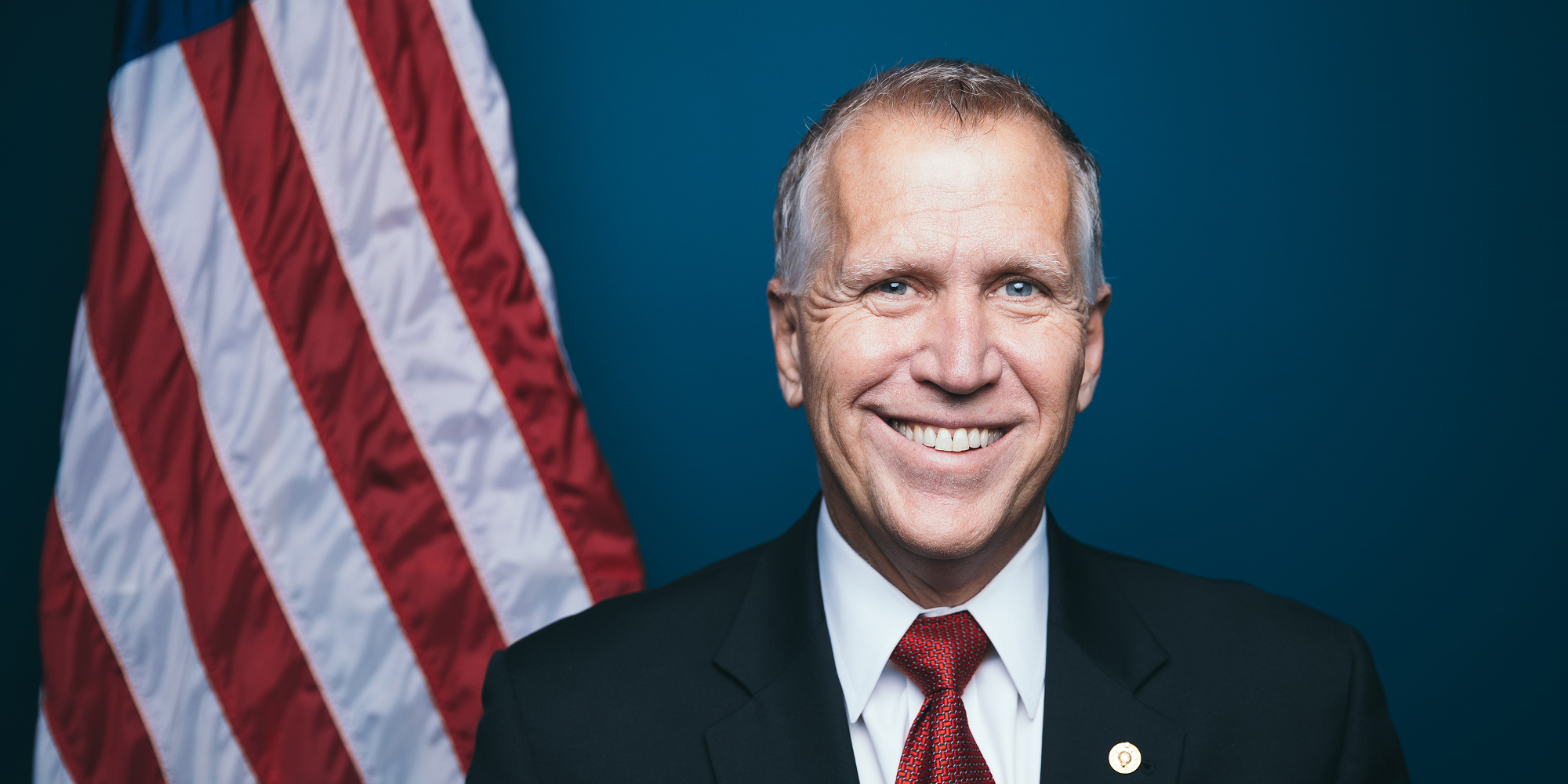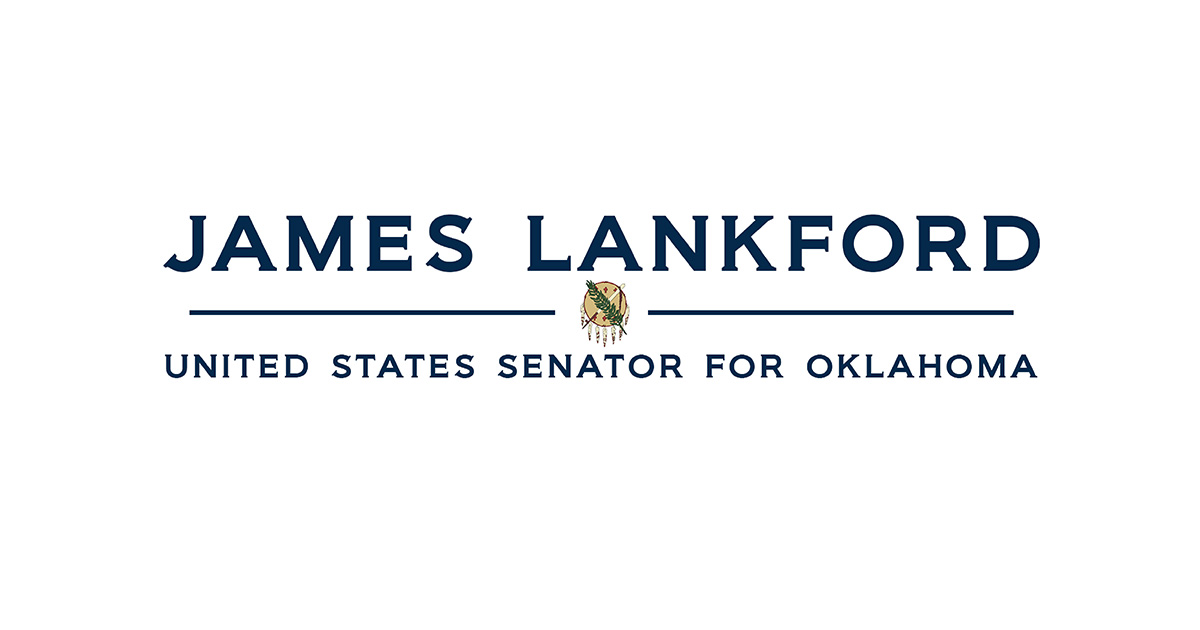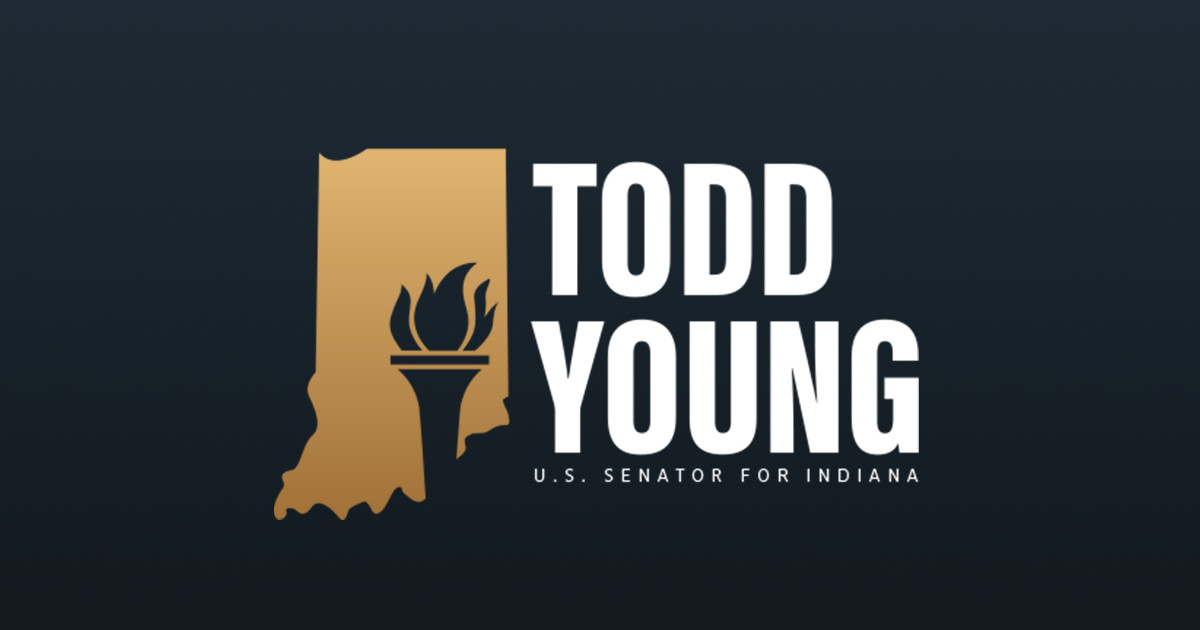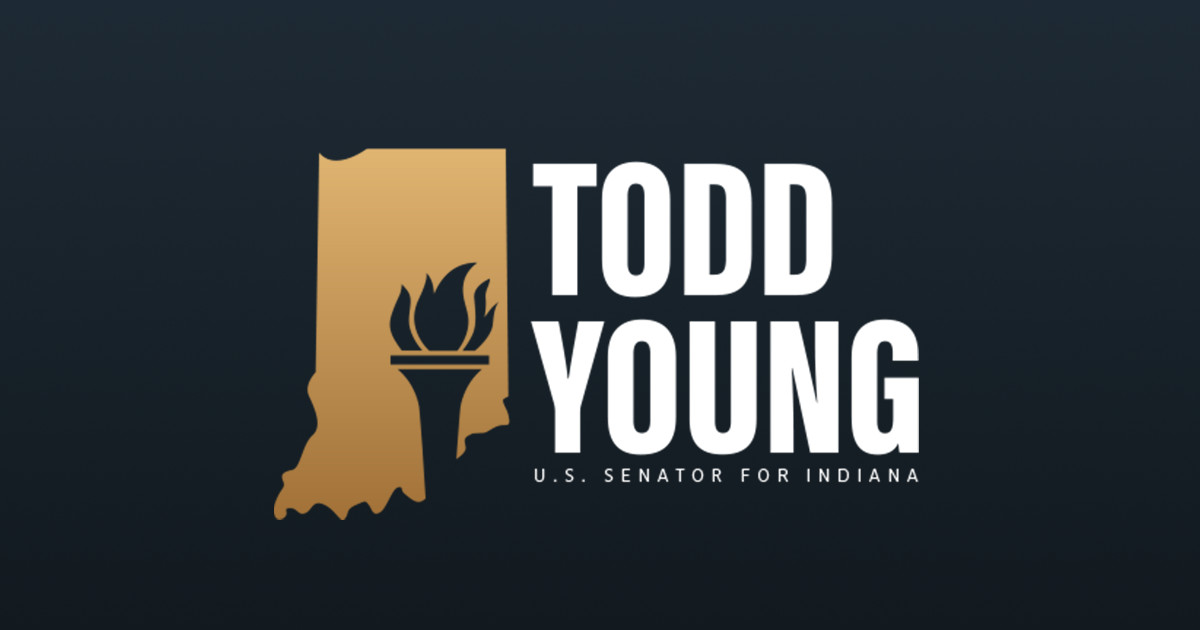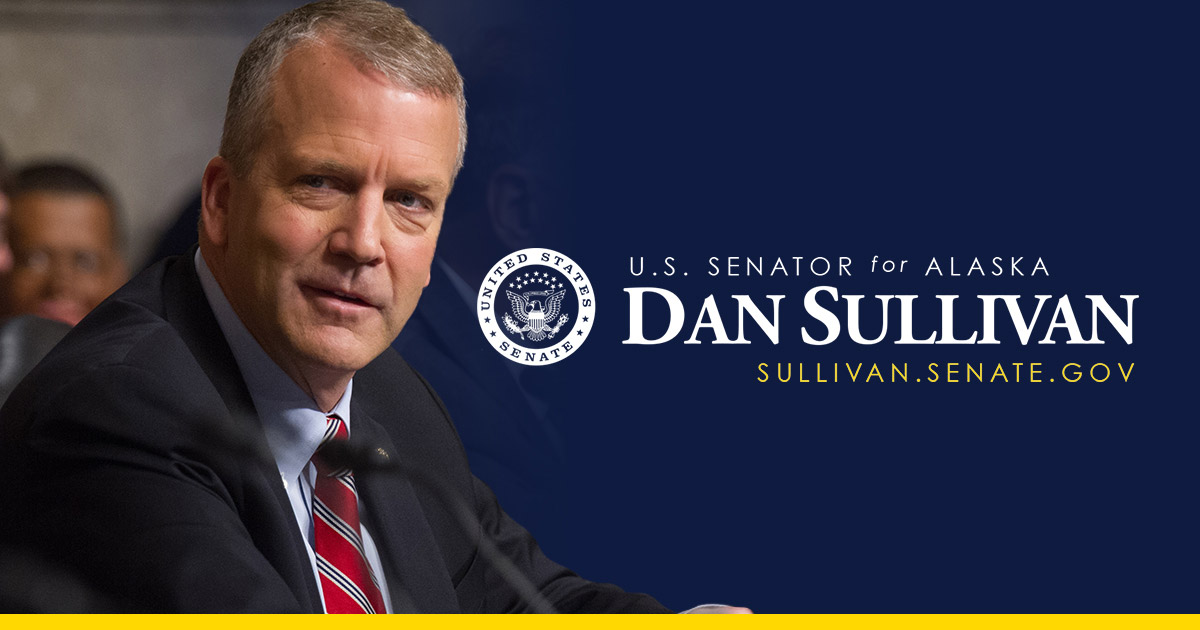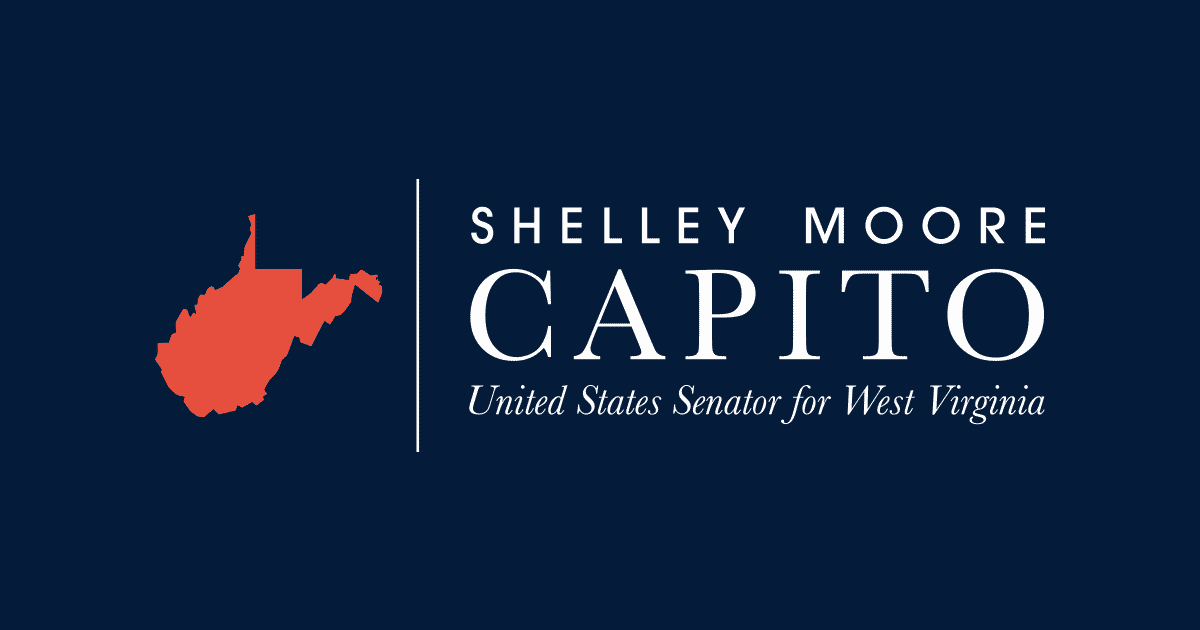Source: United States Senator for Indiana Todd Young
March 04, 2023
WASHINGTON, D.C. — Yesterday, bipartisan legislation sponsored by U.S. Senators Todd Young (R-Ind.) and Chuck Grassley (R-Iowa) to help police, fire, emergency medical and 911 personnel cope with the stresses of responding to crisis situations passed the Senate unanimously.
The Fighting Post-Traumatic Stress Disorder (PTSD) Act of 2023 is bipartisan legislation that would establish mental health programs for America’s first responders who often face long-term effects from providing life-saving services in moments of crisis.
“Our first responders put their lives on the line every day to ensure the safety and security of Hoosier families. The Fighting PTSD Act would increase the resources available to public safety officers dealing with job-related post-traumatic stress disorder,” said Senator Young. “Increasing this support to our public safety officer community will lead to healthier and stronger communities across Indiana and our country. I’m glad the entire Senate unanimously agreed to advance this critical legislation and I call on the House to pass it quickly.”
Police officers, firefighters, emergency medical technicians and 911 dispatchers routinely encounter high-stress situations, putting them at risk of developing post-traumatic stress disorder (PTSD), which increases the risk of suicide. The Fighting PTSD Act would require the Justice Department to establish evidence-based treatment programs for first responders across the country, similar to services available to military personnel who develop PTSD or acute stress disorders. The bill also requires the Justice Department to consult with stakeholders, including public safety officer organizations, in developing the program, which would be available to serve first responders in communities of all sizes across the country.
In addition to Senators Young and Grassley, the bill is cosponsored by Senators Chris Coons (D-Del.), Sherrod Brown (D-Ohio), Josh Hawley (R-Mo.), Maggie Hassan (D-N.H.), John Kennedy (R-La.), Dianne Feinstein (D-Calif.), Marsha Blackburn (R-Tenn.), and Richard Blumenthal (D-Conn.).
The legislation is supported by numerous Indiana public safety organizations:
Bill Owensby, President of the Indiana Fraternal Order of Police: “It should be no secret to anyone that all of our first responders; Police, Fire, EMT and Dispatchers endure an enormous amount of stressors over their careers. As a result, medical issues, early retirement, and a surprising number of suicides plague the professions-most of it tied to PTSD. Many thanks to Senator Grassley and especially to our own Hoosier Senator Todd Young (and the other authors) in introducing this bill to help develop programs to recognize and treat PTSD in an effort to reduce the damaging effects.”
Rick Snyder, President of the Indianapolis Fraternal Order of Police: “We are grateful for this important continued effort of Senator Young and others to address the seen and unseen injuries of our Law Enforcement Officers, Dispatchers, other frontline public safety providers and their families. So many have given so much in sacrifice for their communities. Now is the time to provide care and comfort for their wellbeing.”
Steve Luce, Executive Director of the Indiana Sheriffs’ Association: “The ISA has dedicated our current training platform to address and heighten the awareness of PTSD and Suicide by implementing Wellness and Resiliency Workshops for our Law Enforcement Officers. The Fighting PTSD Act of 2023 will allow this serious issue in the Law Enforcement Profession to be addressed properly during the career of a Law Enforcement Professional. It is extremely important to have resources available for the officer and their families throughout their careers. One Officer Suicide is One too many.”
Cory Martin, Executive Director at the Indiana State Police Alliance: “As findings state, it is estimated that 30% of public safety officers develop behavioral health conditions at some point in their lifetime. Our members, who are Indiana State Troopers, Motor Carrier Inspectors, and Capitol Police Officers, don’t fall short of this statistic. It is critical that we have the support of our members in Congress. By enacting this legislation, we can ensure swift and proper programming is available, should any of our members need these services. Thank you, Senator Young, for your unwavering support to Indiana’s Law Enforcement community.”
Robert Warstler, President of the Fort Wayne Police Department Patrolmen’s Benevolent Association: “The Fort Wayne Police Department Patrolmen’s Benevolent Association fully supports the Fighting PTSD Act of 2023 bill that would help public safety officers obtain state-of-the-art treatments or preventative care regarding job-related post-traumatic stress disorder or acute stress disorder by providing public safety officers access to evidence-based trauma-informed care, peer support, counselor services, and family supports for the purpose of treating or preventing post-traumatic stress disorder.”
Kyle Prewitt, Plainfield Chief of Police and Government Relations Committee Chair for the Indiana Association of Chiefs of Police: “The members of the Indiana Association of Chiefs of Police support and appreciate Senator Young’s Fighting PTSD Act of 2023. First responders are exposed to extremely traumatic events throughout the course of their careers, and they deserve our collective support to make them whole again. We believe this act is a big step in that direction, and we thank Senator Young for his bold leadership on behalf of the law enforcement community.”
Steve McMichael, Mayor of New Haven: “The City of New Haven strongly supports the Fighting PTSD Act of 2023 cosponsored by Senator Young. The creation of programs with state-of-the-art PTSD treatments for public safety professional would be an invaluable resource to local communities. As Mayor, I am grateful for the continued efforts by Senator Young and others who understand the importance of implementing programs that support those who protect and serve our communities. We believe this effort will personally benefit our city and support our dedicated public safety team.”
Randy Retter, Wayne County Sheriff and President of the Indiana Sheriffs’ Association: “Our Country’s police officer’s and deputies witness similar atrocities and share many of the same experiences as our veterans who we have learned commonly experience symptoms of post-traumatic stress disorder (PTSD). Similar to our veterans, the Department of Justice indicates roughly 15% of law enforcement officers in the country experience symptoms of PTSD. This is more than twice that of the national average. If left untreated, PTSD can be a debilitating disorder that can lead to dangerous consequences. I strongly support this legislation that is designed to take care of those who sacrifice so much to take care of our communities and our country.”
Troy Hershberger, Allen County Sheriff: “We have gone from a point in time where the mental health crisis was not acknowledged or recognized, to talking about being proactive and taking action. It’s time to stop talking the talk and actually implement resources and opportunities to help combat this fight.”
Shane McHenry, Dearborn County Sheriff: “Carrying out the duties of a law enforcement officer often exposes them to tragedy, death and many other disturbing calls for service. Once the traumatic event concludes, Law Enforcement officers then go on to the next call for service or go home to their families where they are expected to be a parent or spouse and they carry on like nothing has occurred that day. We must work collaboratively to provide resources for our First Responders and Law Enforcement Officers to help them deal with the mental health and wellness issues. We truly appreciate Senator Young’s attention and actions in bringing awareness to this issue.”
Duane Burgess, Johnson County Sheriff: “As the Sheriff of Johnson County, Indiana and a member of Law Enforcement for over 30 years I know that we need to do more to help the members of this noble career. Everyday men and women dawn that uniform and badge and go out to protect the citizens of their communities. They see and deal with some of most horrific crimes and incidents on a daily basis. We have formed Crisis Intervention Teams (CIT) to better understand and deal with citizens who struggle with mental health issues. The Johnson County Sheriff’s Office has even formed a county wide Critical Incident Stress Program to help officers. We need to continue to grow mental health awareness in the United States to help the members of Law Enforcement who struggle with mental health issues. We can do better to ensure that we recognize and get treatment for public safety workers who are needing professional help. We also need to make sure that help is available, there are times we cannot wait for a public safety person to get that needed attention.”
Tony Murray, President of the Professional Firefighters Union of Indiana: “The Professional Fire Fighters Union of Indiana proudly represents Hoosier fire fighters, emergency medical technicians, paramedics, and 911 dispatchers. We genuinely appreciate Senator Todd Young’s recognition of the high-stress environments these first responders face daily. For some of these brave men and women, the impact of dealing with the daily situations of life and death in the balance leads to cumulative stress injuries such as PTSD. Thankfully, these are treatable conditions. The support of the federal government in providing crucial access to treat these conditions is needed, and we support Senator Todd Young’s efforts to make treatments available and accessible to our nation’s first responders.”
John Gullion, President of the Indiana Firefighters Association: “The Indiana Firefighters Association is proud to support Senator Young’s bill that provides our First Responders, nationwide, an avenue to access services to cope with job related mental health issues.”
Jerry Liston, President of the Indiana Volunteer Firefighters Association: “The Indiana Volunteer Firefighters Association with our nearly 14,000 members thanks and supports Senator Todd Young with the introduction of legislation to help and care for our members suffering from health conditions including but not limited to mental health and PTSD who are serving or have served in the fire and EMS services.”
Daniel Elliot, Indiana State Treasurer and Chair of the Indiana Statewide 911 Board: “Our Public Safety Telecommunicators are often the first voices Hoosiers hear in an emergency. They are our unsung heroes. I applaud Senator Todd Young’s bill to provide resources to support those who help all of us at our most dire moments.”
Jeff Fortner, President of the Indiana Chapter of National Emergency Number Association: “Public safety telecommunicators are the first, first responder to the publics calls for help. Often not included in debriefings, not knowing the outcomes of those traumatic calls from a mother that found a child deceased, a spouse who found significant other who committed suicide or a witness to a horrible accident. We are making great progress towards recognition of telecommunications professionals and public safety in general and the Fighting PTSD Act of 2023 is another step in the right direction. The Indiana Chapter of the National Emergency Number Association’s Board of Directors supports this legislation.”
Gary Miller, Executive Director of the Indiana EMS Association: “EMS agencies across Indiana, as well as across the nation, work diligently to develop systems to ensure that high-quality, compassionate and life-saving care is provided to their communities. Of course, the most important piece of this system is the individual EMS practitioners who are responding to assist people often on the worst day of their lives. The stresses that are inherent when you have someone’s life in your hands is extremely difficult, add to that long-hours, harsh environments, exposure to infectious diseases and all the other factors involved make it extremely difficult to find balance in the provider’s own lives. Just as EMS responds to calls for help every day, it is great to see that Senator Young and the others are making efforts to provide needed resources when the EMS practitioners place those calls themselves.”
Kimberly Pate Godden, Vice President of Legal, Government Relations and Corporate Compliance for Superior Air Ground Ambulance Services, Inc. and Indiana EMS Association Legislative Chair: “We are pleased that the Fighting PTSD Act of 2023 includes EMS professionals. We are the first to respond to fires, natural and manmade disasters, and automobile tragedies. From young children airlifted to acute hospitals to elderly patients needing dialysis care, we answer the call-from dispatch to paramedic response. First responders risk so much every day to keep our communities safe and healthy. We need to ensure that they are supported, safe and prepared both in and out of the field. Our EMS professionals are unsung heroes who have willingly and resoundingly answered the call for help, especially during the pandemic, saving lives in the process. We support Senator Young’s efforts to provide the necessary and expanded care to our EMS professionals.”
Stephen C. McCaffrey, President and CEO of Mental Health America of Indiana: “Mental Health America of Indiana applauds the introduction of the Fighting Post Traumatic Stress Disorder Act of 2023. This legislation provides long overdue recognition that the mental well-being of those who serve people in distress is as important as the well-being of the people being served. The issues to be evaluated and reported on under this bill underscore the importance of support to responders’ family members and the significance of peer support.”
Suzanne Koesel, Indiana Chief Executive Officer for Centerstone: “Our nation’s emergency response personnel are often on the front lines of situations that are high stress and high risk. The nature of their work puts these individuals at higher risk for PTSD and other behavioral health conditions. To that end, we at Centerstone applaud Senator Young’s leadership on the introduction of the Fighting PTSD Act of 2023. This legislation seeks to ensure those who serve our communities in the most distressing of moments have someone and somewhere to rely on if they find themselves needing to access behavioral health services. This program is a step toward helping those who serve our communities every day.”
